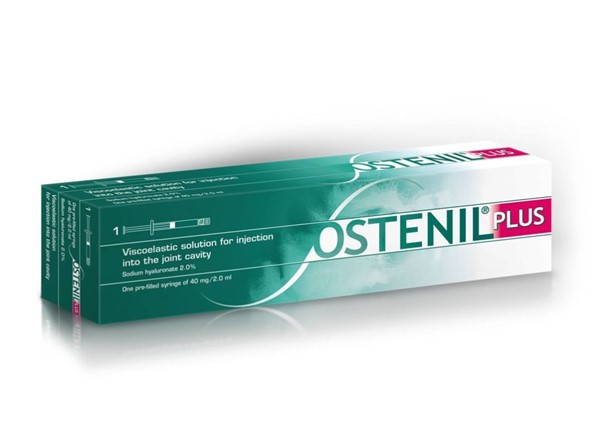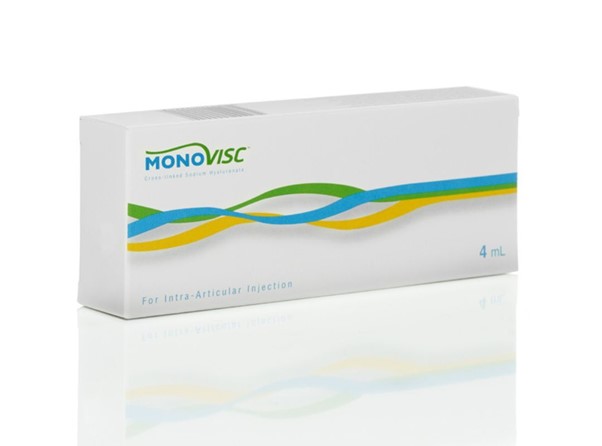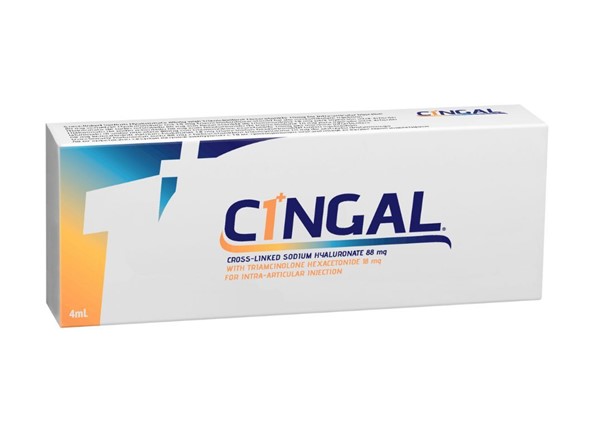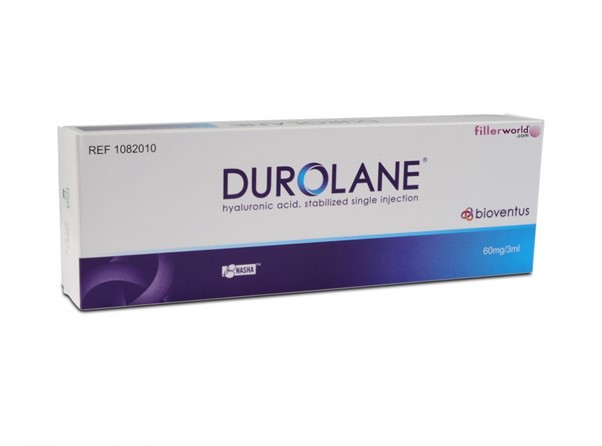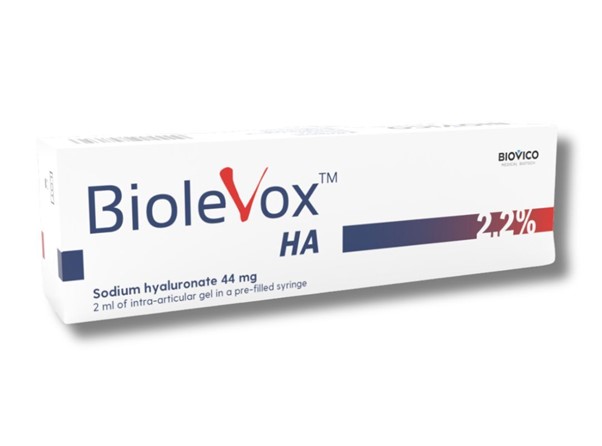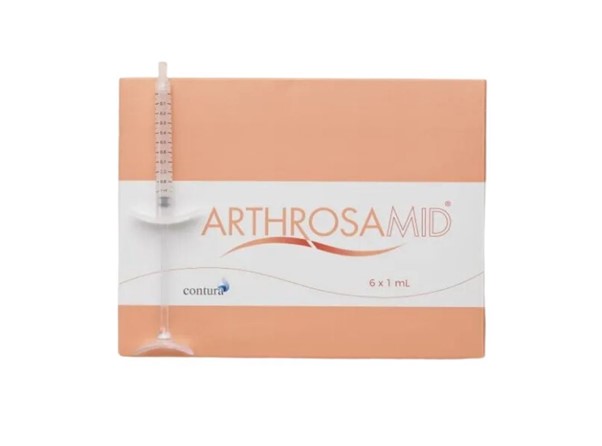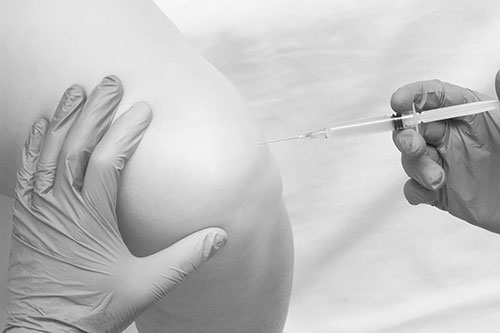Joint Injections
Corticosteroid joint injections
How do I go about getting an injection at Crushes Manor Clinic?
After a full and thorough assessment of your condition, if an injection is felt to be the appropriate course of treatment, you will be administered the injection.
It is usually possible to perform the injection on the first assessment session but this may not be possible depending on the time taken to assess the condition and other medical reasons why the injection may not be appropriate on the day. In this instance, we will book a second appointment for the injection although there is no extra charge for the extra session.
What is a corticosteroid injection?
A corticosteroid (or 'cortisone') is an anti-inflammatory medicine, which can relieve swelling, stiffness and pain by reducing inflammation. It can be injected directly into the tissues that are causing your symptoms.
Why can't I just take anti-inflammatory pills?
You can, but the side effects of these are much more common and can cause stomach upsets and bleeding. These injections bypass the stomach and are directly administered to the problem area. These are not the same as the steroids taken by bodybuilders or athletes.
Why should I have a corticosteroid injection?
Because it will help reduce your pain, you can start your rehabilitation sooner, have fewer treatment sessions and return to normal activities more quickly.
What conditions can be helped with a corticosteroid injection?
- Subacromial bursitis / shoulder pain
- Frozen shoulder
- Tennis elbow
- Lateral hip pain / Trochanteric bursitis
- Osteoarthritis of the knee
- Plantar fasciitis
- Osteoarthritis of the shoulder
Are there times I should not have an injection?
Yes, if you:- Have any infection on your skin or anywhere else in your body or if you are taking antibiotics.
- Are allergic to local anaesthetic or steroid or have suffered from side effects from these medications in the past.
- Feel unwell.
- Are pregnant
- Are under 18
- Do not want the injection
- If you have had or are due to have a vaccination in the three weeks prior to or after your injection
- If you have had or are due to have surgery or dental work four weeks prior to or after your injection
- Or if you have been diagnosed with any of the following
- Tuberculosis
- Adrenocortical insufficiency
- Liver failure or cirrhosis
- Severe osteoporosis
- Congestive heart failure
- Glaucoma
What are the possible side effects?
These are very rare and your physiotherapist will discuss them with you:- Flushing of the face for a few hours.
- Small area of fat loss or change in skin colour around the injection site.
- Menstrual irregularities.
- Diabetic patients may notice a temporary increase in blood sugar levels
- If you are taking blood thinning tablets, there may be temporary bruising
- Infection: if the area becomes hot, swollen and painful for more than 24 hours, or if you feel generally unwell, you should contact your physiotherapist or doctor immediately.
- An increase in pain 24-48 hours after the injection.
- You will be asked to wait for a short time after your injection to check for any reactions.
There may be other side effects of the medicines we use - please see the manufacturer's patient information leaflet that comes with the medicine for further information.
What happens during the injection?
The benefits and risks of the injection will be explained to you in detail. The skin is cleaned with antiseptic. A needle is gently put into the affected area and the solution is injected through the needle. A plaster will be placed over the site to keep it clean. A few minutes after the injection you will be examined again.
Is the injection painful?
Not particularly. However, sometimes it can be sore for a few hours after the procedure.
How fast does the injection work
If local anaesthetic is also used, the pain should improve within a few minutes although it may return after about an hour when it wears off (similar to when you visit the dentist). The steroid usually starts to work after 24 - 48 hours, but it may take a little longer
How long does the effect last?
This varies from person to person and the condition being treated, but the steroid usually continues working for between 3 to 6 weeks.
How many injections will I need/can I have?
This depends on the part of the body involved and will be decided by your physiotherapist and yourself. Usually one injection is sufficient, but if the pain is severe or has been there for a long time you may need more.
What should I do after the injection?
Depending on the cause of your pain, you may be asked to rest the area for a short period after the injection. This does not usually mean total rest, but refraining from activities that make your pain worse, after which you should try to gradually return to full function. This is to maximize the benefit given by the injection.
When will I have to be seen again?
Your physiotherapist will want to see you or speak to you about 3 to 4 weeks after the injection. You may also be referred for physiotherapy treatment.
Osteoarthritis Hyaluronic Acid Injections
What is Osteoarthritis?
Osteoarthritis is a common and normal process that most joints will go through as they progress through life. All of us will experience this process as we go through life although some of us may experience different symptoms from this process depending on a variety of factors.
We now offer Hyaluronic Acid injections for Osteoarthritis of the knees, hands, ankles, hips, shoulders.
What is Hyaluronic Acid?
Hyaluronic Acid (HA) is an important component of synovial fluid which is the lubricating and nourishing fluid in the joint. This fluid helps the joint move easily and freely and helps the joint withstand the forces of daily life.
What happens to HA in Osteoarthritis.
When a joint develops Osteoarthritis, the Hyaluronic Acid within the synovial fluid is broken down which disturbs the normal balance within the joint. This results in some complex chemical interactions which causes the cartilage - the shock absorbing unit in the joint - to be less effective, giving rise to pain and other symptoms such as stiffness.
How can Hyaluronic Acid injections help?
Hyaluronic Acid injections can help by trying to restore the normal balance between the breakdown and production of Hyaluronic Acid which will then act as a lubricant and shock absorber within the joint.
Are Hyaluronic Acid injections right for me?
If you are a patient with Osteoarthritis or have tried other conservative measures for your condition such as pain relief medications, physiotherapy, steroid injections; then Hyaluronic Acid injections may be suitable for you.
What can I expect after an injection of Hyaluronic Acid
HA is usually injected straight into the joint which has Osteoarthritis. The benefit of the injection may not be apparent immediately but you should gradually start experiencing a reduction in pain and stiffness. This improvement is likely to last several months.
Can I have repeated injections of Hyaluronic Acid into the joint?
When the effects of your previous injection start to wear off, you can safely have another injection after your clinician undertakes an assessment. Unlike steroid injections, there is no clinical reason why you cannot have repeated Hyaluronic acid injections if they continue to offer you prolonged relief.
What is the process of having a Hyaluronic Acid injection at Crushes Manor Clinic?
We usually like to make sure that the injection is appropriate for your condition (osteoarthritis) and will initially conduct a clinical assessment. In many instances, if the clinician and the patient agree, we can inject the joint on the same sitting. On occasion, a second appointment may be needed to complete the injection. We will go through the risks and benefits of the injection prior to injecting hyaluronic acid and check that you are happy to proceed.
Are there any reasons I cannot have Hyaluronic Acid injections.
These are just a few reasons you should not have these injections –
- Pregnancy or lactation.
- Any active infections in the joint or previous infections in the joint to be injected.
- If you have any bleeding disorders (We can usually inject patients who are on Anticoagulants or blood thinners with some precautions).
- An allergy to any of the component/s of the Hyaluronic Acid injection.
- i. Ostenil Plus - Unguided £260 / Ultrasound Guided £350
- ii. Ostenil Mini - Unguided £225 / Ultrasound Guided £315
- iii. Monovisc - Unguided £360 / Ultrasound guided £450
- iv. Cingal - Unguided £360 / Ultrasound guided £450
- v. Durolane - Unguided £360 / Ultrasound guided £450
- vi. Biolevox - Unguided £260 / Ultrasound guided £350
- vii. Athrosamid - £2,300

